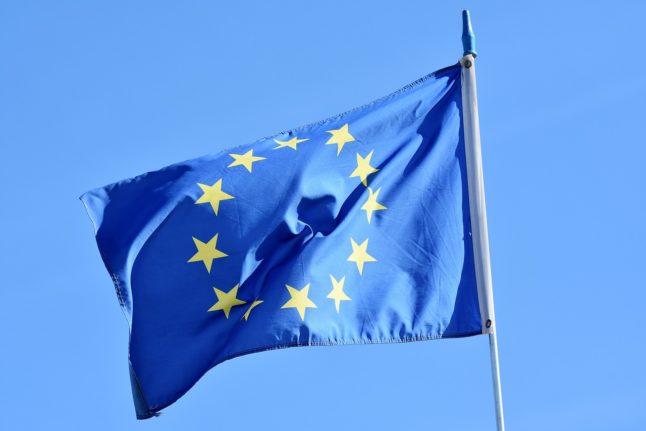Unlike many other countries like the United States or Canada, being born in Switzerland doesn’t automatically mean the person is Swiss.
If their parents were born abroad and still hold foreign passports, a person will not obtain Swiss citizenship by birth.
READ MORE: How to apply for Swiss citizenship: An essential guide
Even though they have lived their entire lives in Switzerland, they have the same nationality as their parents and will continue to be considered as foreigners – until and unless they become naturalised.
MP Paul Rechsteiner from the Social Democratic Party says anyone born in Switzerland should be automatically entitled to a Swiss passport.
The Green Party’s Lisa Mazzone is also in favour of at-birth citizenship for the second generation.
On Friday the two submitted their proposal to the Council of States, the upper house of the Federal Assembly.
“We have to facilitate citizen integration, and that includes second generation foreigners, who have their roots here but are often without a Swiss passport”, Mazzone said.
This is not the first attempt to grant citizenships to Swiss-born foreigners.
The Federal Council presented similar proposals three times — in 1983, 1994 and 2003. They were supported by a large majority in parliament but nothing came out of them in the end.
READ MORE: How much does it cost to become a Swiss citizen?
“For almost 20 years nothing has happened and we have left the debate to those who always want more restrictions in this area. It’s time to go on the offensive again”, Mazzone noted.
Now is a better time to re-introduce the proposal, she said, because political climate in Switzerland has changed since the 2017 referendum which made it easier for third-generation immigrants to become citizens.
For his part, Rechsteiner pointed out that “anyone born and raised here must be recognised as a full member of Swiss society, and therefore have a Swiss passport.”
As things stand now, foreigners born in Switzerland who want to obtain Swiss citizenship have to apply for naturalisation like any other immigrant. It can take up to a year, cost over 1,000 francs, and require proof of integration, language proficiency, lack of criminal record, and possibly other conditions, depending on canton.
IN NUMBERS: How many people become Swiss each year – and where do they come from?
Facilitated procedure is reserved for those married to Swiss nationals or the third generation of a family of foreign citizens, according to the State Secretariat for Migration (SEM).
First and second generations are excluded from facilitated naturalisation — a quicker process with less stringent criteria — and must follow the ordinary route.
Figures from 2019, the last year for which statistics are available, show that the proportion of naturalised foreign nationals born in Switzerland is higher by more than 30 percent than that of foreigners born abroad, according to the Federal Statistical Office.



 Please whitelist us to continue reading.
Please whitelist us to continue reading.
Member comments